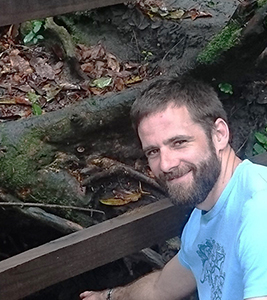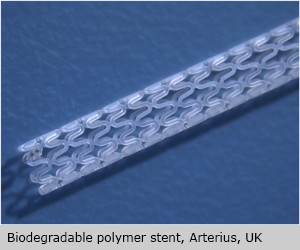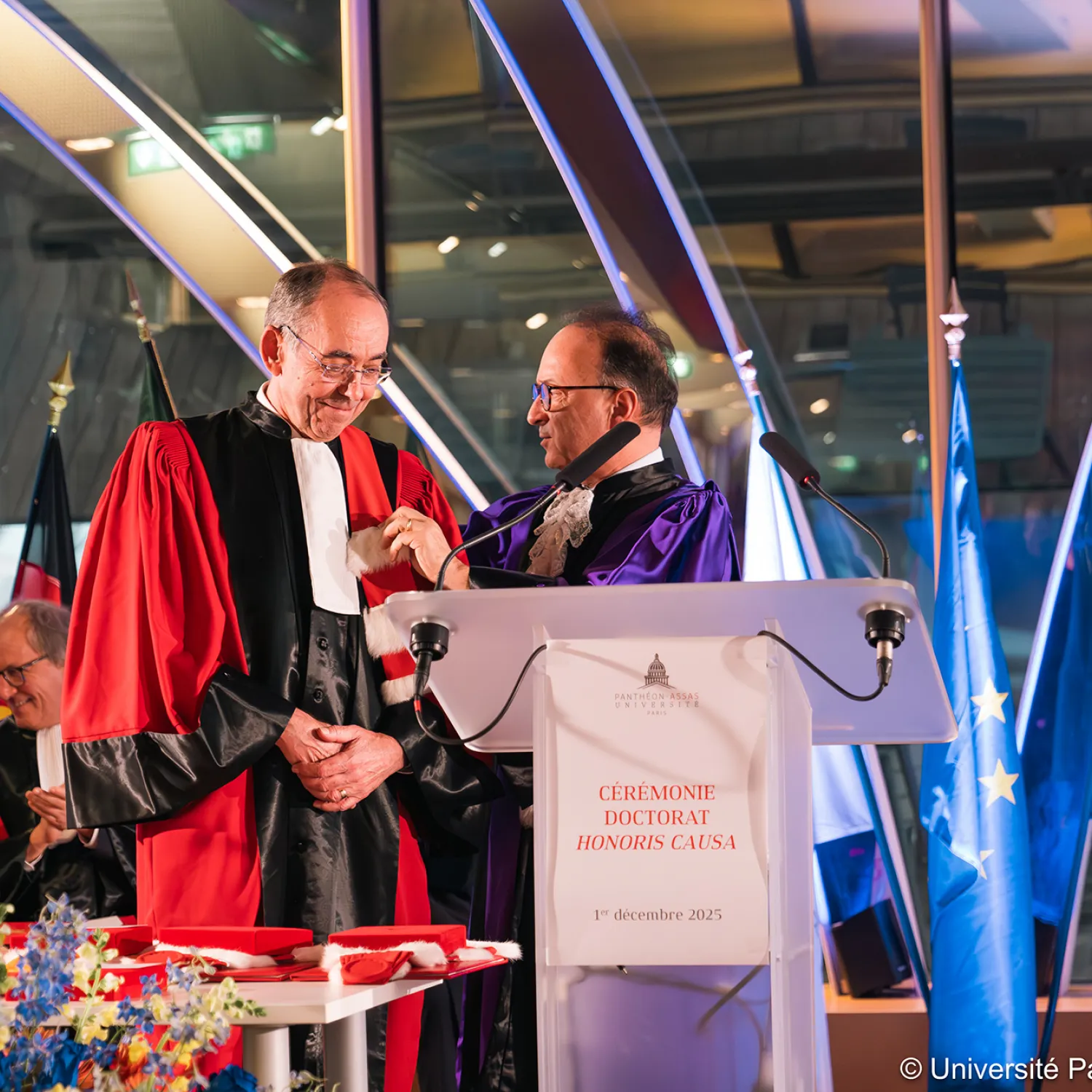Breadcrumb
Two Christ Church academics awarded prestigious Future Leaders Fellowships
 The UKRI Future Leaders Fellowship supports early-career researchers and innovators with outstanding potential to develop their careers, and to work on difficult and novel challenges. The fellowship support is up to over £1.5 million over four years, with the ability to extend to up to seven years.
The UKRI Future Leaders Fellowship supports early-career researchers and innovators with outstanding potential to develop their careers, and to work on difficult and novel challenges. The fellowship support is up to over £1.5 million over four years, with the ability to extend to up to seven years.
Dr Neil Hart will lead a team of researchers, in collaboration with project partners across southern Africa and the UK, to develop the predictions of rainfall season characteristics necessary to managing a growing climate risk.
In many parts of the world a long dry season is followed by warm summer rains which support crop planting and water resources.
A warming climate is seeing delays to the start of these first rains and amplifying climate risks for regional food systems. This effort will make use of cutting-edge climate prediction modelling tools pioneered in the UK paired with novel machine-learning approaches.
Importantly, this work will start with the on-farm decisions which are sensitive to these first rains and work backwards towards the prediction science necessary to meet these decision needs.
 Prof. Laurence Brassart will investigate the mechanical and degradation behaviour of biodegradable polymers in load-bearing applications. Examples include bioresorbable polymeric implants, such as stents or scaffolds for tissue reconstruction, and biodegradable plastics for agriculture or packaging.
Prof. Laurence Brassart will investigate the mechanical and degradation behaviour of biodegradable polymers in load-bearing applications. Examples include bioresorbable polymeric implants, such as stents or scaffolds for tissue reconstruction, and biodegradable plastics for agriculture or packaging.
 The key objective of the research is to elucidate the intrinsic couplings between mechanics and chemistry during degradation under load, which ultimately dictate the performance and service life of biodegradable devices. To this end, Prof Brassart will rely on a combination of advanced continuum models, multiphysics simulations, and experiments specifically addressing coupled chemo-mechanical effects.
The key objective of the research is to elucidate the intrinsic couplings between mechanics and chemistry during degradation under load, which ultimately dictate the performance and service life of biodegradable devices. To this end, Prof Brassart will rely on a combination of advanced continuum models, multiphysics simulations, and experiments specifically addressing coupled chemo-mechanical effects.
By enabling a novel ‘in-silico’ testing capability, the project could dramatically reduce the need for experimental degradation studies, which often take months, and accelerate the development of biodegradable devices with controlled performance and lifetime.
Other Christ Church news



